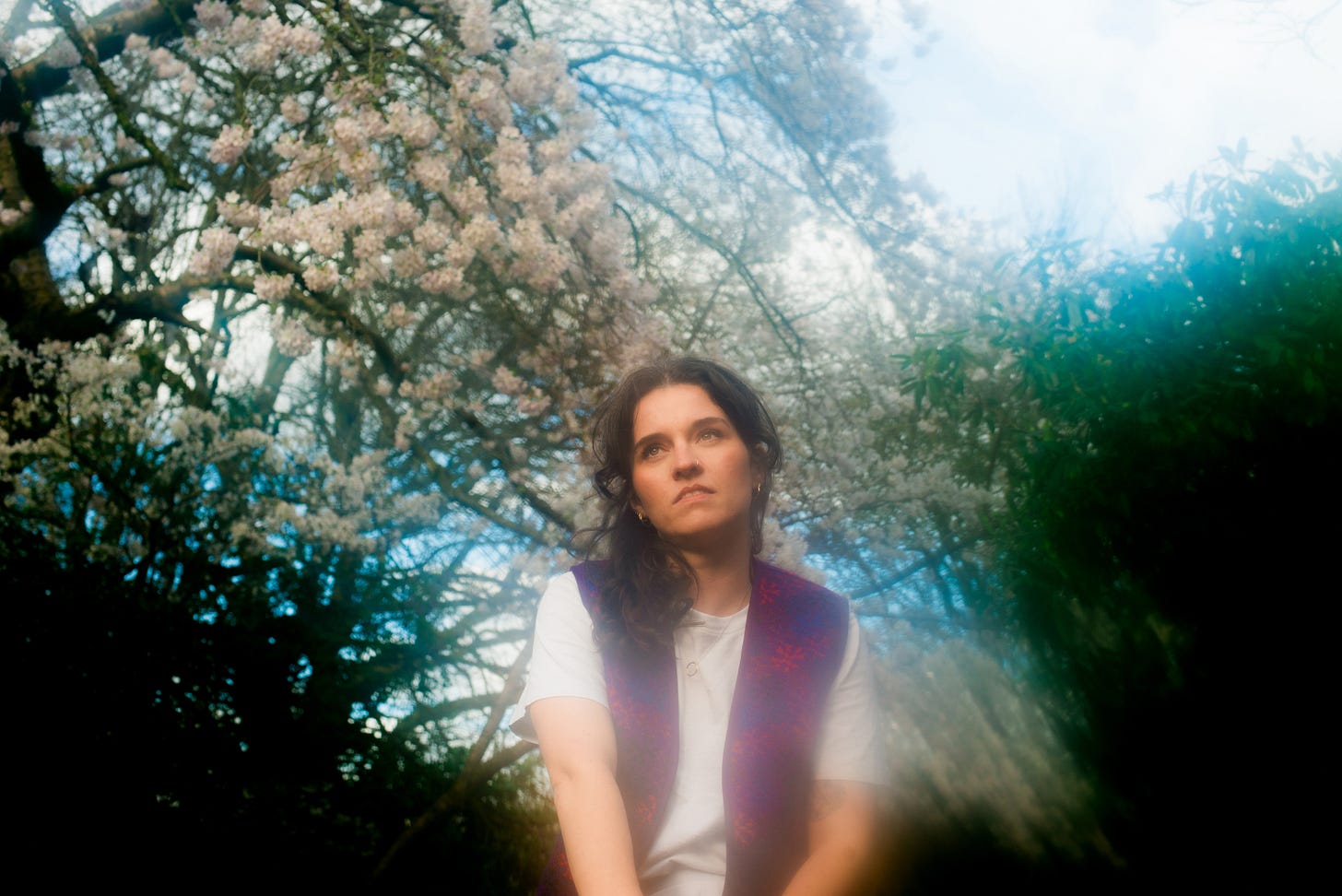It’s been a tough couple of weeks for my wife. I have tickets to see Bob Dylan live early this month when he passes through Nottingham as part of his Rough and Rowdy Ways tour, and in preparation for his gig, I have been listening through his entire studio album discography, from beginning to end.
That’s exactly forty albums from one of the most notorious singers in music history, blasting out of my office at a rate of roughly two to three each day. My wife has been exposed to every version of Dylan: the nasal whine of his early years, the country croon of Nashville Skyline, right through to the latter-day gravel.
Dylan’s voice - though a barrier to entry for many - has always been one of my favourite things about his music. He’s not a beautiful singer by any stretch of the imagination, but as someone whose own singing voice appears to operate in a key hitherto untamed by man, I can appreciate the musicianship it must take to deliver each line with such clear intention. Bob Dylan might not be able to deliver his song ‘Make You Feel My Love’ with the sheer vocal velocity that Adele can, but boy, does he know how to make a line land.
I was speaking about this recently with Paul, the owner of Folkroom’s new home in Nottingham, Peggy’s Skylight. We were discussing another musical great whose voice doesn’t necessarily match up to his broader talents. Peggy’s puts on a lot of fantastic jazz, and I was chatting to Paul about some of my favourite albums in the genre - including ‘Chet Baker Sings and Plays’, in which one of the greatest trumpet players of all time also offers up his dream-like (but not exactly dreamy) vocals. Baker’s singing has long been a divisive subject - his voice has a curious flatness to it that many jazz fans simply can’t abide. But just like Dylan, I can’t help but admire his efforts. There’s something about the ability to harness a flawed vocal to ensure that it hits the right notes spiritually, even when it can’t quite reach them literally.
One act who won’t have this concern is Hattie Whitehead, who joins us in Nottingham on Sunday November 17th for our monthly gig at Peggy’s. Hattie has been playing Folkroom gigs for a few years now, and long-time fans will know that she has perhaps the most irresistibly gorgeous voice in folk music right now.
As much as I love the challenge that vocalists like Dylan present their listeners, few would deny that one of the simplest pleasures for a music fan is watching a phenomenal singer sing phenomenally. Hattie has been enjoying more and more opportunities to do this in recent years, as part of the band Hejira, who exist solely to celebrate the music of Joni Mitchell.
Hattie is the band’s vocalist, and I’ve enjoyed watching a wider audience discover one of the purest singers around as Hejira perform to sold-out venues. Last month, Hattie released her debut album as a singer-songwriter, though, so it feels right that everybody takes a moment to explore ‘Bloom’, and give its extraordinarily talented artist her dues.
Hattie Whitehead plays Peggy’s Skylight in Nottingham on November 17th. Tickets are available here. She’s supported by another of our favourite singers: March, whose latest release ‘Cross St Demos’ comes out today. Hejira are also playing Peggy’s Skylight this December 13th, with tickets available here.
The idea of voice in folk music is eternally interesting to me, and there is, of course, a completely different approach to the question that involves the stories being told, the subjects being explored, and the interaction between these and the people doing the telling.
Many of the songs that have long been staples of the traditional folk canon are, for example, drenched in misogyny. Literally drenched, in the case of the numerous women who are drowned by murderous men in cruel lyrics. Our musical history is filled with violence against women, and I have a lot of time for contemporary folk acts who actively reckon with the legacy of the genre, and offer up work that centres the voices of these figures.
Burd Ellen, who headline our December 15th show at Peggy’s, offer up some of the most interesting folk music in Britain right now. While all of their music is hugely innovative and inventive (they’re a must-see for fans of Lankum), they’re also an act who are constantly reframing the genre as we’ve come to expect it. Their 2021 album ‘Says the Never Beyond’ is filled with evocative carols and wintersong, and Debbie Armour, one of the band’s two members, has spoken about the ‘quiet joys of Mary’s motherhood’ that leapt unexpectedly from the lyrics. On their debut album, ‘Silver Came’, a performance of ‘Fair Annie of Lochroyan’ was inspired by the ‘agency and determination’ of the title character, which the duo recognise as a rarity within the genre.
Burd Ellen’s most recent album, ‘A Tarot of the Green Wood’ is perhaps their most engrossing record to date, and continues to explore how contemporary voices can unearth new meanings in our traditional folk songs. ‘The Fool’ touches on man’s tendency towards war, and remains agonizingly relevant some three hundred years after it was first noted down.
This is, ultimately, the reason folk music remains so relevant, and so popular today. Our lives may change, our instruments may evolve, but human nature remains broadly the same, and the voices we sing with - as honeyed or gravelled as they might be - are simply calling out across the centuries to remind our present and future selves that we cannot change without reckoning with what has come before.
Burd Ellen plays Peggy’s Skylight in Nottingham on December 15th. Tickets are available here. We’re busy working on our plans to bring Folkroom events back to London and Brighton in 2025!







